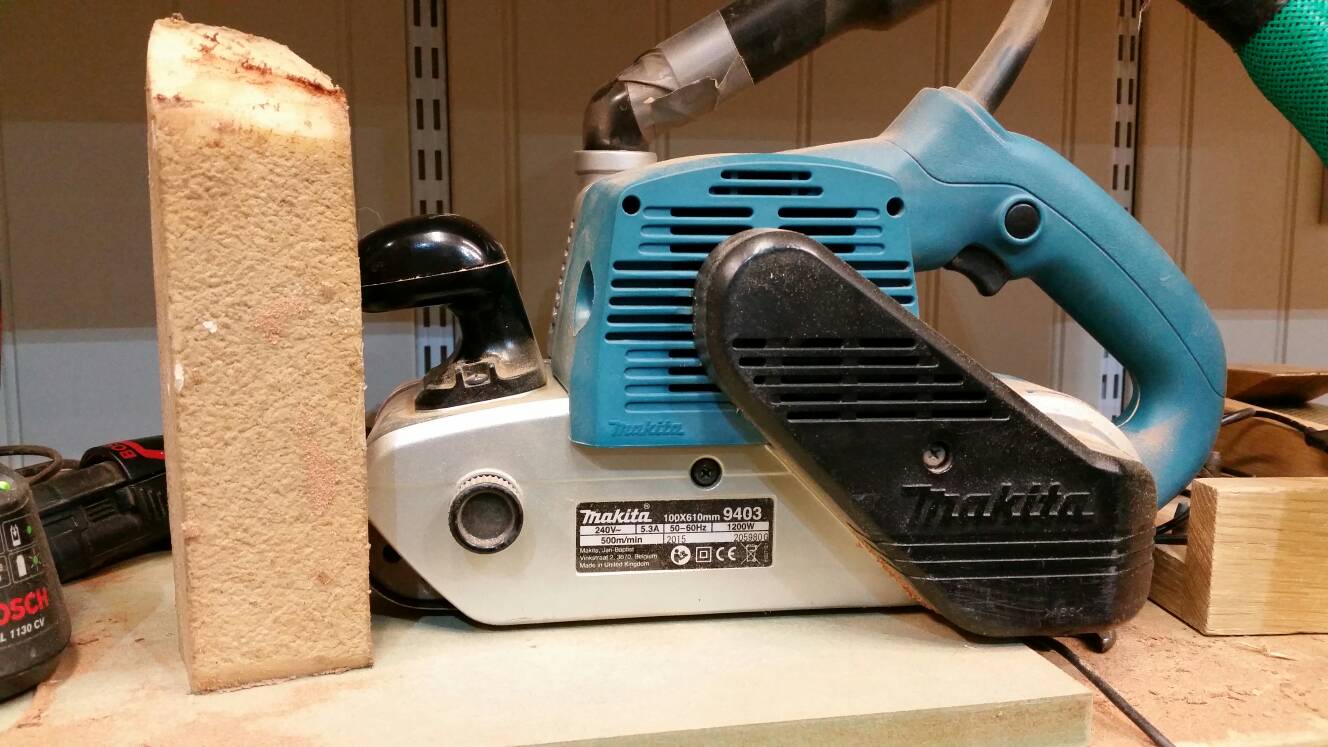gucu
Established Member
Hi
I am a hobbyist and I like to work with pallet wood. The major problem is all the sanding! I want to automate the job and I am wondering whether a thickness planer will do the work. I have never used one and so don't really know much about it. I understand that it makes them thinner but does it smooth the planks and if so how smooth? Pallet wood is not that wide but would it be a good idea to get something thicker than say 6" in width.
Any advice would be gratefully received.
Thanks
Rich
I am a hobbyist and I like to work with pallet wood. The major problem is all the sanding! I want to automate the job and I am wondering whether a thickness planer will do the work. I have never used one and so don't really know much about it. I understand that it makes them thinner but does it smooth the planks and if so how smooth? Pallet wood is not that wide but would it be a good idea to get something thicker than say 6" in width.
Any advice would be gratefully received.
Thanks
Rich

































